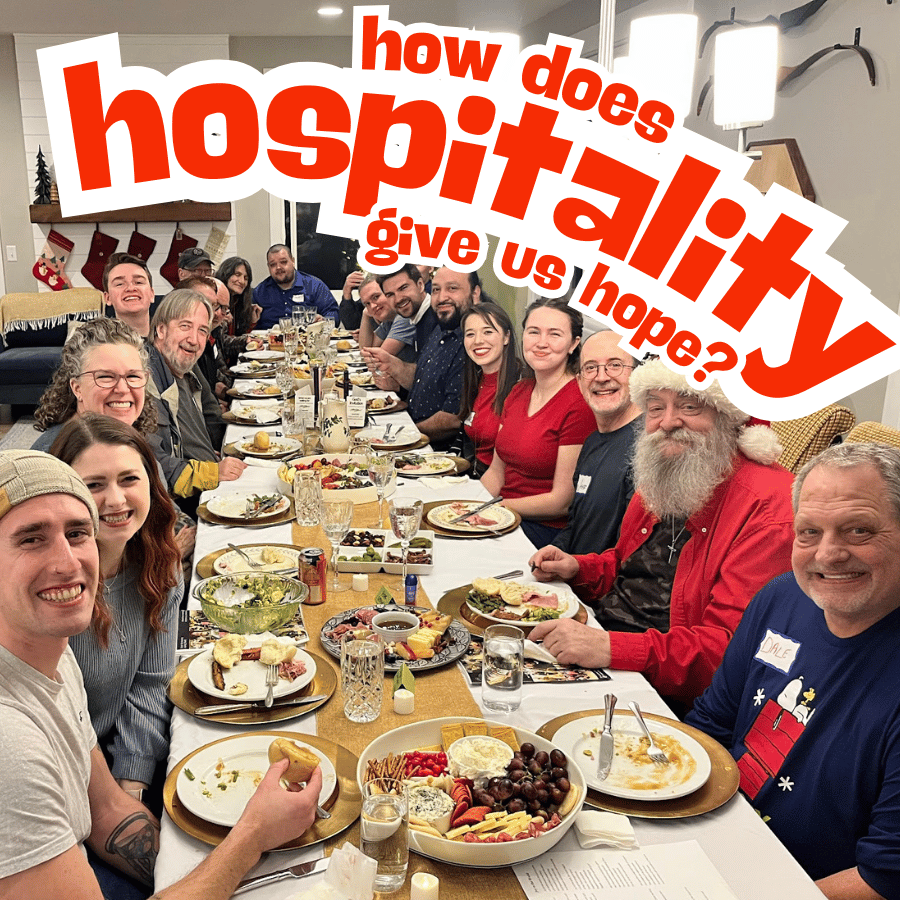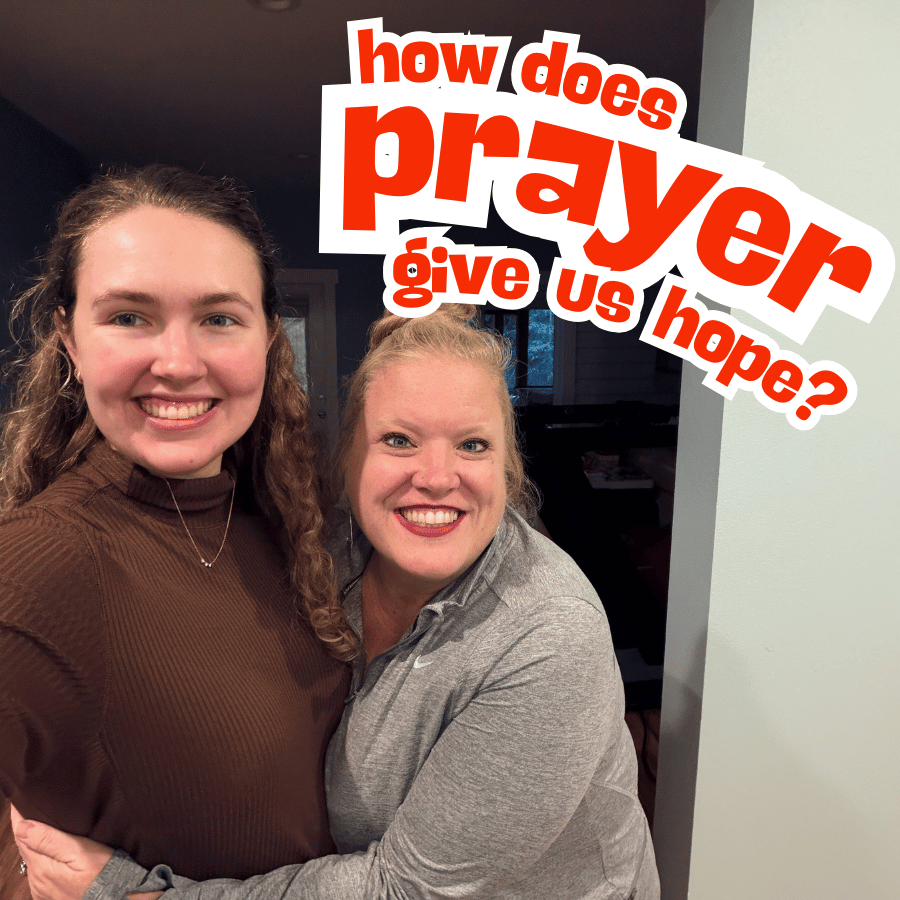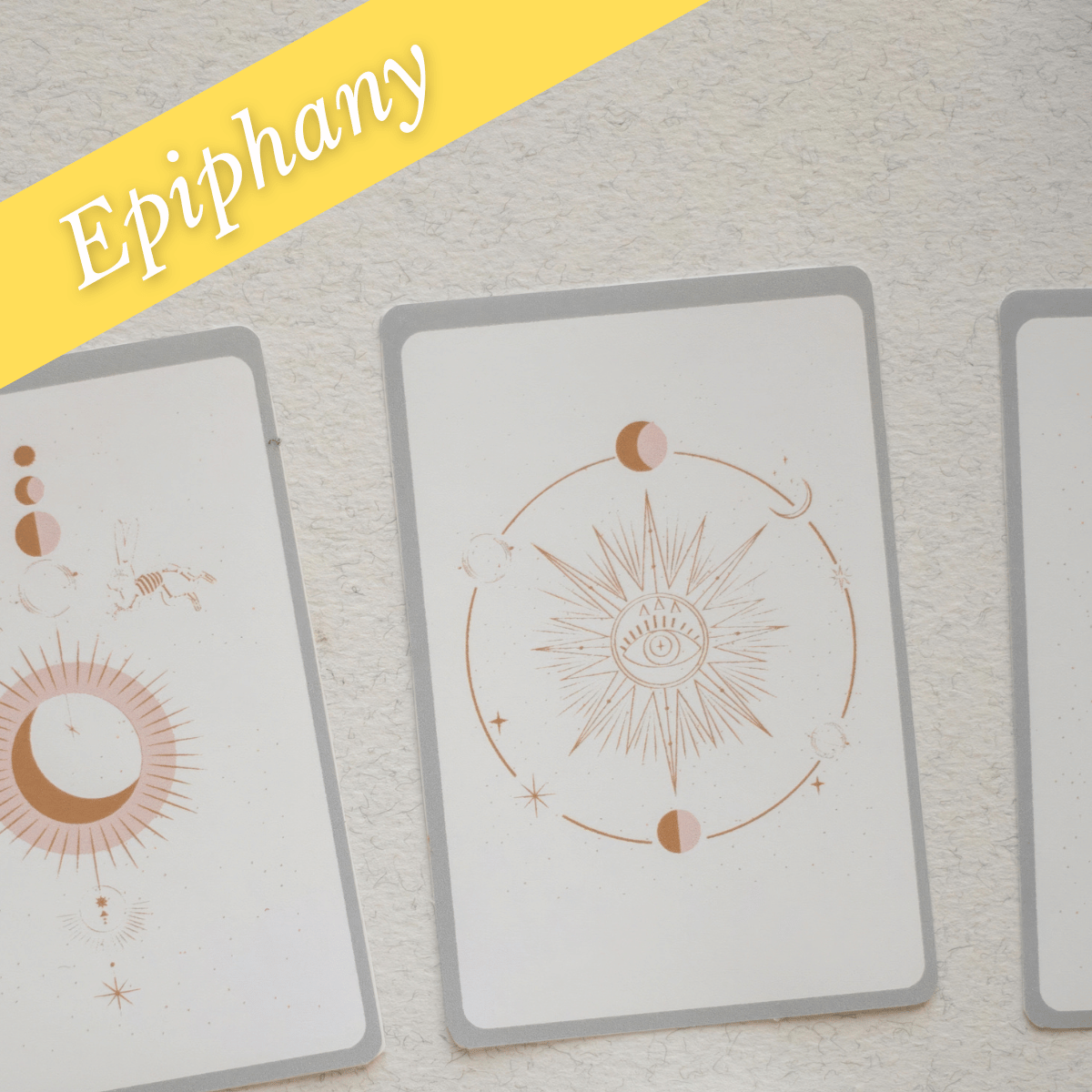Why does Lent matter?
Written by Emma McCoy
3 minute read
I have a perfectly perfunctory, theoretical relationship with death. No one close to me has died, I’ve never had a close shave with mortality (that I’m aware of), and so the sobering reality of permanent loss hasn’t hit me yet. It’s a weirdly privileged position for me to be in, because I know, conceptually, that this won’t always be the case. I will lose people. I will die. And yet it’s not something I’ve experienced, and so it doesn’t touch me in a brutal, immediate way. While I’m not a timid person, I don’t take many physical risks. I drive the speed limit, I stay on the hiking path, I get enough sleep and eat well, and I go to the doctor when something’s wrong. This is in a fairly direct contradiction to my dad as a young man, who, the older I get and the more I learn about him, must have had several guardian angels watching him at any given moment. When he was in Kindergarten, he went to the ER four times for various self-inflicted incidents, prompting a check-in from Child Protection Services with his parents. He was driving a truck when it got run over by a semi. He ran with the bulls in Spain. At the rehearsal dinner before he married my mom, his father made a toast directly to my mom: “thanks to you, Denise, I have a sliver of hope that my son will outlive me.”
That’s the hope, isn’t it? That those younger than us will continue to live, even as we die. That old age will be the thing to claim us, rather than surprising violence. Like I’ve said, I haven’t lost anyone close to me, and death hasn’t directly touched me yet. But the fast-approaching Lenten season has me reflecting more on the nature of time and what it means to die.
Last semester, one of my close friends, who I’ll call Gail, lost her childhood best friend in a car accident. It was sudden, unexpected, and brutally unfair: this childhood friend was in her mid-twenties, and was struck by someone driving the wrong way down the highway. There should have been a lot of life left, and Gail was left struggling with the unfairness of it all and the fact that her friend—who she’d shared so much of life with—was gone forever.
I didn’t know this friend, but I do know and love Gail, and it hurt me to see her struggling and grieving so much. I wanted to support her and grieve with her, and this impulse looked like bringing food to her, eating in silence together, and talking about her friend when she wanted to. In order to be there for Gail, I had to learn how to grieve with her even as I wasn’t touched with the same understanding of death and loss.
This is what the season of Lent can be like: we lament as a community, even if we aren’t particularly sad or grieving about something specifically. It’s a kind of practice for when death does come, and grief comes to choke us out of living. By practicing lamenting during Lent, we come together and learn how to dig into the hard spaces so we know what to do when the hard times come. Because though I might not know death intimately yet, I know I will. There are only two outcomes: either I’ll speak at your funeral, or you’ll speak at mine. Though the thought pains me even now, I hope I’ll outlive my parents. Though I live my life joyfully, I know I’ll have to face death many times before my turn comes around. This is the space where Lent fits.
Our culture does a terrible job engaging with death: feeling awkward when people are mourning, relegating funeral rites to a mortuary, and trying to get others to “move on.” Grieving, while personal, can’t be a private, solitary thing. Practicing lament as a community helps train us to come together when death does come around. I’m certainly not looking forward to it, but it is important. As Christians, we do not fear death, but it is our reality.
I’m certain that my past experiences with Lent, combined with understanding of Jesus as the defeater of death, help me process death when it comes into my periphery. My great-grandmother, who recently passed away last year. Gail’s childhood friend. My professor who lost his father.
Join us for Ash Wednesday where we will be discussing death, Lent, community practices like funerals, and what it means to walk together, with Jesus, even in grief and lament.









3-minute read